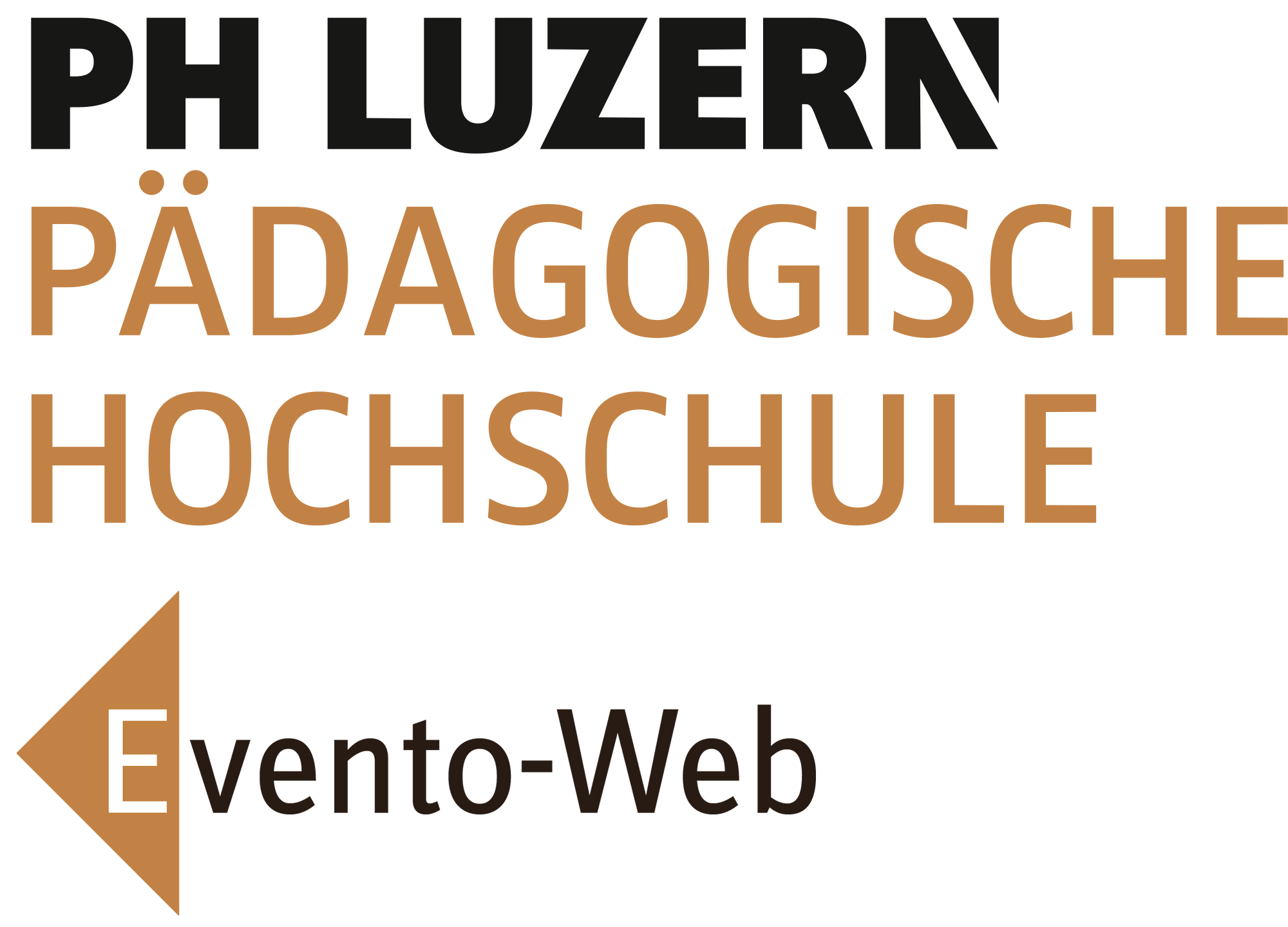Introduction F25.002
| Nummer: | PLU.EN01.01-PS.F25.002 |
|---|---|
| Veranstalter: | PLU.Fach und Unterricht |
| Leitung: | Marie-Nicole Bossart |
| ECTS-Punkte: | 1 |
| Datum: | 25.02.2025 - 03.06.2025 |
| Raum: | UP 2.B31 |
| Unterrichtssprache: | Englisch |
| Weitere Informationen: |
Ziele und Inhalte
The first module in English Methodology lays the foundation for didactical principles that will be discussed in subsequent modules. Firstly, it is important to understand the processes involved in L1 acquisition and (foreign) language learning. Resorting to this theoretical framework, students will reflect on their own language learning biography and thus become aware of their personal beliefs regarding “good” language teaching which in turn might have an impact on their future teaching. Furthermore, students get to understand the linguistic, political and economic context in which English as the first foreign language is taught and become familiar with basic documents such as the Common European Framework of Reference for Languages (2001) and the Lehrplan 21. As the subordinate aim of teaching foreign languages in public school is to foster pupils’ functional plurilingualism, it becomes clear that teachers have to make pupils aware of synergies between languages. Thus, linguistic landscapes and plurilingual methodology will round up this module providing ideas for cross-linguistic and cross-cultural activities in the English classroom.
With regard to PHLU framework of reference, activities throughout the semester are geared towards establishing of basic professional competences:
- 02 Kompetenz zur Gestaltung eines kompetenzorientierten, verstehensorientierten und motivierenden Unterrichts
- 08 Reflexionskompetenz
Handlungsbereiche
- D Bereitstellen von Lerngelegenheiten
- E Begleiten und Beurteilen der Lernprozesse der Schülerinnen und Schüler
The following learning objectives reflect the requirements of this module:
The students …
• have a deeper understanding of language learning processes and are familiar with similarities and differences between language acquisition and language learning of first, second and third languages.
• know different learning theories and understand their implications for learning and teaching languages.
• reflect on their own language learning biography and become aware of their subjective learning theories.
• understand the linguistic, political and economic context in which English as the first foreign language is taught and resort to the Common European Framework of Reference for Languages (2001) as a reference document for modern language teaching.
• are acquainted with the structure and the objectives of the English curriculum Lehrplan 21.
• understand the concept of linguistic landscape and can derive learning activities for their lessons from it.
• develop an awareness of the fact that all languages and cultures are a valuable resource in the language classroom.
• can help the pupils explore their linguistic, strategic and cultural repertoire for further language learning.
Lehr- und Lernformen
The module is a blend of both attendance and self-learning time. Students receive theoretical input from the lecturer
before transferring it to practical teaching situations. Furthermore, students have to present their language learning biography.
Form des Leistungsnachweises
LN Element A:
Students unable to provide proof of their English language competence at level B2 with an international B2 certificate or its equivalent (Gym. Matura/Vorkursabschluss/FMS with min. grade 5 or PH B2 test done in autumn), have to pass a language assessment in semester week 2 or 3.
LN Element B:
Students participate in groups of 2 or 3 in a 20-minute colloquium where they will be asked to discuss specific content areas from the module and show how these concepts relate to each other.
Modalitäten der Repetition
LN Element A:
Retake at the end of the semester, third and last chance a week before the start of semester 3.
LN Element B:
Students who fail the exam will have two more chances for a retake according to PHLU exam regulations (retake second chance September 25, third chance December 25).
Obligatorische Literatur bzw. Medien
Jakisch, J. (2019). Verfahren der Mehrsprachigkeitsförderung im Englischunterricht. In Ch.Fäcke & F-J. Meissner (eds.), Handbuch Mehrsprachigkeits- und Mehrkulturalitätsdidaktik (S.460-464)
Lightbown, Patsy M.; Spada, Nina (2013). Popular ideas about language learning revisited. How Languages are Learned. Oxford: Oxford University Press. Chapter 7
Yule, George (2010). First Language Acquisition. The Study of Language. Cambridge: Cambridge University Press.
Yule, George (2010). Second Language Acquisition. The Study of Language. Cambridge: Cambridge University Press.
Präsenzpflicht
Students have to attend a minimum of 6 out of 7 face-to-face sessions (marked with *). Additionally, they prepare and give a presentation and attend the colloquium which will take place within the last two sessions of the module. Throughout the module students will be expected to complete all the assignments to enable them to make an informed contribution to the seminars, providing their own personal interpretation and understanding.

